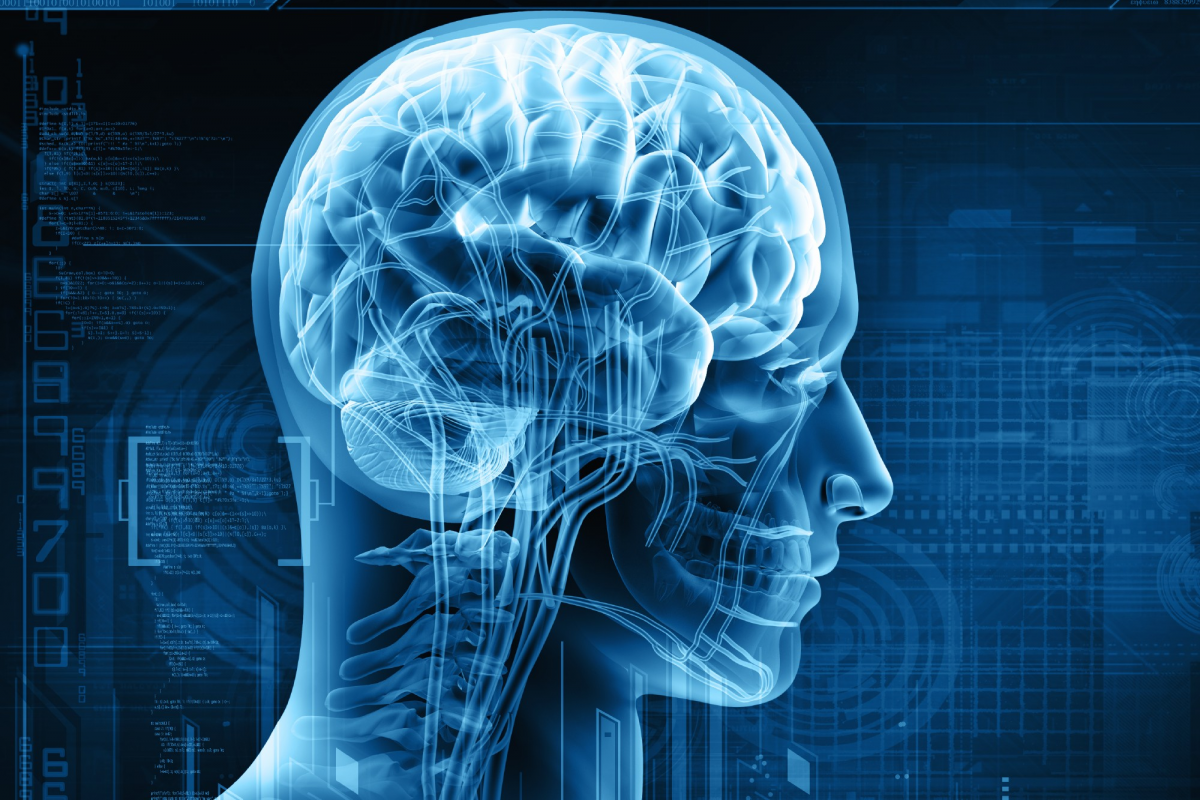Knowing about Neurological Disorders can help you stay alert!

Your brain, spinal cord, and nerves make up the nervous system, and they together control all the functions of the body. When something goes wrong with any one part of the nervous system, it can result in problems related to moving, speaking, swallowing, learning, or breathing. Therefore, neurological disorders can be described as the disease of the central or the peripheral nervous system and every year affects hundreds and millions of people worldwide. Neurological disorders affect the brain along with the central and autonomic nervous systems.
There are many types of neurological disorders, including:
- Alzheimer’s disease
- Epilepsy
- Dementia
- Brain tumors
- Neuro infections
- Multiple sclerosis
- Parkinson’s disease
- Migraines
What Causes Neurological Disorders?
If you suspect that you or any of your loved ones may be suffering from one of the issues stated above, then you must know what exactly causes neurological disorders. The causes of such disorders can be quite diverse. Both the spinal cord and brain are insulated by various membranes that can be vulnerable to force and pressure. The peripheral nerves that are located deep under the skin can also be vulnerable to damage. Even a slight disturbance to a neuron’s structural pathway can result in dysfunction/disorder. Consequently, neurological disorders can result from several causes, including:
- Lifestyle-related causes
- Infections
- Genetics
- Nutrition-related causes
- Environmental influences
- Physical injuries
What are the signs of Neurological Disorders?
The signs of neurological disorders can vary, depending upon the type of disorder as well as the specific area of the body that is affected. In some instances, you might also experience emotional symptoms while in other cases physical symptoms may be the result.
Emotional symptoms of Neurological Disorders
While a lot of people first look for physical symptoms of a disorder, it is important to understand that there can also be emotional symptoms of neurological disorders. For example, you might experience mood swings or sudden outbursts. Some people also experience depression or delusions.
If you notice these symptoms in yourself or your loved one, it is important to seek help right away.
Physical symptoms of neurological disorders
Physical symptoms of neurological disorders might include the following:
- Partial or complete paralysis
- Muscle weakness
- Partial or complete loss of sensation
- Seizures
- Difficulty reading and writing
- Poor cognitive abilities
- Unexplained pain
- Decreased alertness
Though a common disease, with care and precaution, you can always prevent it from affecting you. Listed below are a few ways that can help you avoid falling trap to the disease and contribute towards keeping your brain sharp, healthy, and fit.
1. Exercise regularly
Exercise performed regularly can reduce the risk of neurological disorders to a great extent. Exercise can also slow down the course of an already existing disease such as Alzheimer’s.
Along with brain health, it can improve your energy levels, sense of well-being, and sleep pattern. The risk of depression and anxiety also gets reduced with regular exercise.
2. Quit smoking, drinking, and use of other drugs
Mood-altering substances like alcohol and other substances can impair your thinking and your ability to focus and memorize, lower motivation, and slow down cognitive processes. Not to mention, these substances can also cause cancers.
3. Eat a nutrient-rich diet
The foods that you eat can have a great impact on your health and longevity. Brain-health-promoting foods that are rich in Omega-3 fatty acids, which can be found in foods such as fish, flax seed, and nuts; must be included in your everyday diet. Folate is also shown to reduce the risk of neurodegenerative diseases and developmental disorders and is a safe option to pile up your plate with.
4. Meditate
The fast-paced society often leaves us with little time to relax and process our environment. Our brain requires time to process information more deeply and to gain more benefit from our daily experiences. This modern hectic lifestyle can also cause chronic stress and have other negative effects on our health and well-being. Therefore, living a more enriched and fulfilling life becomes all the more desirable. A new field of study referred to as neurotheology has shown a relationship between spirituality and the immune system. People who are integrating meditation and positive thoughts into their daily lives are experiencing life-changing results.
5. Stay active
Maintaining a strong sense of purpose in life is a major contributor to longevity and good brain health. Making a conscious decision to stay actively involved in your daily routine is highly beneficial for lifelong health and well-being. A positive attitude has been shown to play one of the biggest roles in success.
It is therefore important to develop multiple skills and interests over your lifespan, as it keeps the brain healthy.
Top neurologists are just a call away!
Providing the highest standards of quality care & expertise in neurosurgery, Regency Healthcare is one of the finest hospitals for neurology treatment in Kanpur. With top neurosurgeons, Regency provides the best treatment for people suffering from neurological disorders using the most efficient and successful methods.
Also Read: Neurologist vs Neurosurgeon: Key Differences, Roles & When to Consult

 Call-an-Ambulance
Call-an-Ambulance



